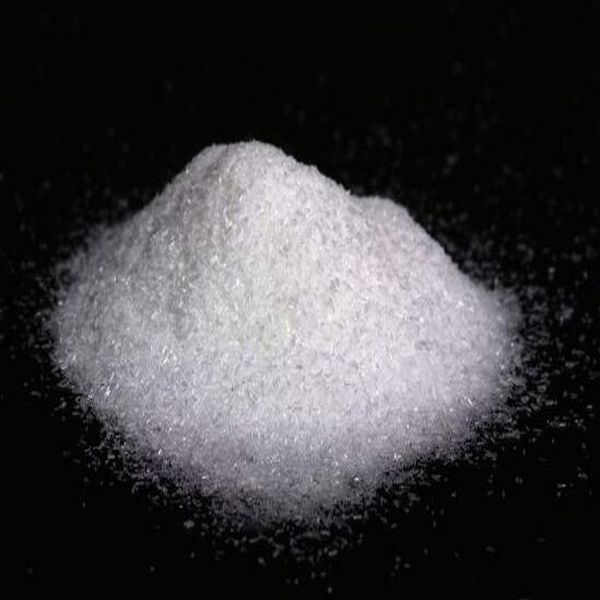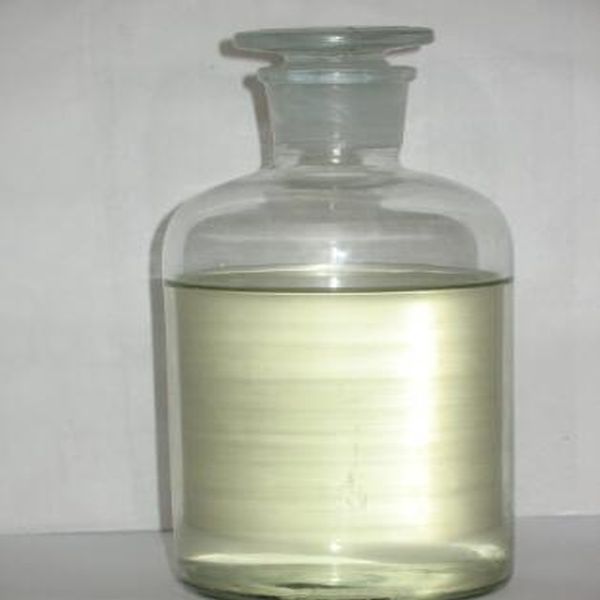Imidacloprid, also known as imidacloprid, aphids, aphids, and bidan, is a highly effective systemic broad-spectrum insecticide with gastric toxicity and contact killing effect. Insect pests have better control effect. The drug is a completely new compound. The point of action in the insect body is the insect nicotinic acetylcholinesterase receptor, which interferes with the pest motor nervous system. This is completely different from the traditional insecticide mechanism of action, so there is no cross resistance . This medicine is mainly used to control piercing-sucking mouthparts pests on rice, wheat, cotton and other crops. Imidacloprid is a nitromethylene systemic insecticide. It is the acting body of the nicotinic acetylcholinesterase receptor and is used to control the sucking mouthparts pests, such as aphids, leafhoppers, planthoppers, thrips, whiteflies. And its resistant strains. It is also effective for Coleoptera, Diptera and Lepidoptera. Inactive against nematodes and spider mites. Due to its excellent systemic properties, it is particularly suitable for seed treatment and application as granules. Insect pests can be continuously controlled at early stage on cereal crops, corn, rice, potatoes, sugar beet and cotton. The above-mentioned crops and citrus, deciduous fruit trees, vegetables and other pests at later growth stages can be controlled by foliar spray. Foliar spray has excellent protection against black-tailed leafhoppers, planthoppers (rice brown planthopper, gray planthopper, white-backed planthopper), aphids (peach aphid, cotton aphid) and thrips (greenhouse thrips) It is also effective against whiteflies, rice stem borers, rice negative mudworms, and rice weevils, and is superior to thiazinone, pyrethrin, anti-aphid and moth. In the treatment of poisonous soil, when the concentration in the soil is 1.25mg/kg (ppm), it can control the peach aphid on cabbage and the bean aphid on broad bean for a long time; the granules are treated with 1gAI/kg seedling box, and the rice leafhopper It has excellent control effect against planthoppers; treatment with 1gAI/kg seed can control bean aphid and cotton aphid for at least 5 weeks.
Instructions:
Soil treatment, seed treatment and foliar spray can be used. (1) In the treatment of poisonous soil, when the concentration in the soil is 1.25mg/kg, it can control the peach aphid on cabbage and the bean aphid on broad bean for a long time. (2) When controlling rice brown planthopper, white-backed planthopper, leafhopper and thrips, the dosage is 20-30g/hm2, which has a rapid effect and a long lasting effect. More than 90% of the control effect can be maintained for more than 40 days. There is good selectivity between planthoppers and natural enemies. When used in the treatment of soil in seedling beds or seedling fields, it has an ideal control effect on the small rice stripe disease transmitted by the gray planthopper, the common dwarf disease transmitted by the black-tailed leafhopper, and the yellow dwarf disease. (3) It has excellent control effect on various aphids, including orchard peach aphid which produces high-level resistance to various insecticides. With 15-30g/hm2 of active ingredient, it can effectively control the peach aphid, wheat aphid, vegetable aphid and cotton aphid with water spray (5000-2000 times solution), and the control effect of more than 90% can reach more than 1 month. (4) The control effect of wheat ear aphid is gradually increased with the increase of dosage. After the ear aphid occurs, use 25% wettable powder 75g/hm2 to have a relatively stable and ideal control effect. Wet powder 150g/hm2 is appropriate to ensure a long enough shelf life. (5) Treatment with 1gai/kg seed can control bean aphid and cotton aphid for at least 5 weeks. (6)Efficacy of resistant insects: Since imidacloprid is different from organophosphorus, carbamate and pyrethroid insecticides, it also has resistance to conventional insecticides such as aphids, leafhoppers and planthoppers. excellent results. Resistant black-tailed leafhoppers, brown planthoppers, and brown planthoppers are no longer sensitive to organophosphorus and carbamates. Myzus persicae is also insensitive to organophosphorus, carbamates, pyrethroids and pyrethroid insecticides. Compared with the sensitive strains, the resistance strains did not reduce the sensitivity to imidacloprid.
Precautions:
Personal protection should be taken during application to avoid direct contact with the agent. It should not be sprayed in strong sunlight, so as not to reduce the efficacy. The seeds treated with medicines are forbidden to be eaten by humans and animals, and shall not be mixed with untreated seeds. Special care should be taken when using around the sericulture area to avoid pollution caused by mulberry leaves and silkworm room environment. Do not use this medicine 20 days before vegetable harvest. If accidentally poisoned, it should be sent to the hospital for symptomatic treatment in time. (1) It should not be sprayed under strong light, so as not to reduce the efficacy. (2) Wear protective clothing and gloves when spraying, and wash hands and exposed parts with soap and water after work. (3) The medicament should be kept out of the reach of children and in a ventilated and cool place. Keep away from food and feed, and keep it locked. (4) Use the medicine in due course, and it is forbidden to use the medicine one week before harvest.
Post time: Jun-23-2020


